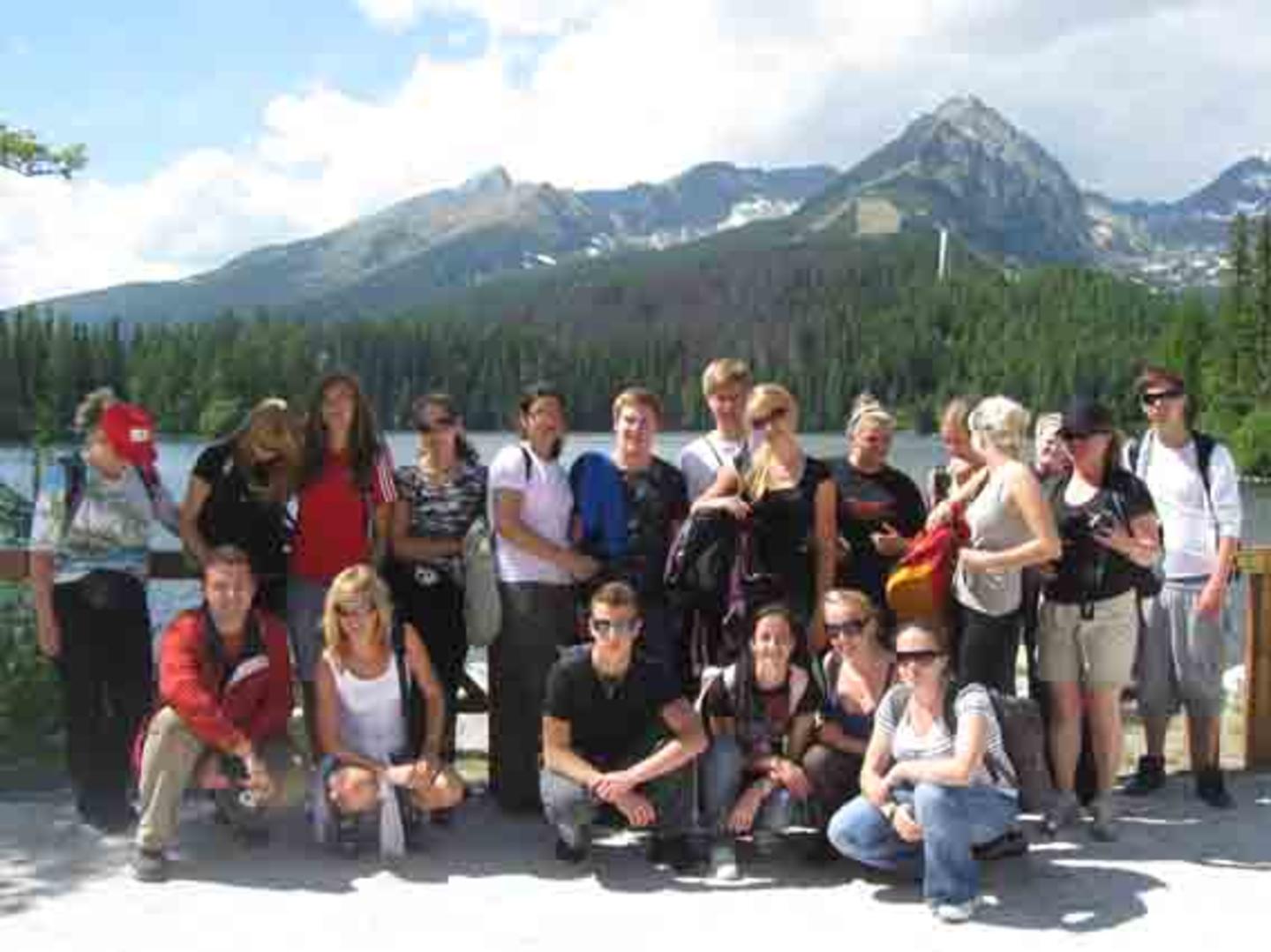Through the Slovak scholarship fund, the EEA and Norway Grants are contributing €1.9 million over 3 years to encourage student, teacher and researcher mobility and the fostering of closer links between educational institutions in Slovakia and the donor states Iceland, Liechtenstein and Norway.
Partnerships for knowledge exchange
The collaboration projects carried out by secondary schools are focused upon raising students' awareness of environmental issues and cultural heritage. Several visits and excursions are being carried out so students can meet face-to-face, foster friendships and exchange knowledge with one another. Through joint language courses they get to know the basics of another language and develop an interest in each other's culture. Teachers share experiences on teaching and learning methods and expand their professional networks.
Not only do such projects establish new partnerships between the institutions involved, they also provide a basis for future long-term cooperation. The institutional cooperation also extends to municipalities and cities, and sometimes even counties and regions.
Highlighted projects
A total of 18 Slovak secondary schools and higher education institutions are involved in co-operation projects with partner schools in Iceland, Liechtenstein and Norway. Among these, the Detva Upper Secondary Vocational School in Detva, Slovakia, and the Sami Upper Secondary School in Karasjok, Norway, are co-operating on an environmental awareness and cultural heritage project titled "the Natural and Cultural Richness of Norway and Slovakia".
Higher education institutions focus on direct exchange of students and researchers, as well as organising conferences and workshops.
Personal impacts
Dr. Karla Zimanová of the Slovak Academic Information Society, which administers the fund, stresses that another important aspect of the cooperation projects is the development of personal partnerships across borders. Professional collaboration between teachers and researchers expands and disseminates knowledge and research findings through lectures and workshops. Students, teachers and researchers are exposed to different cultures and ways of living, and learn to find ways of communicating in a foreign language, thus strengthening their interpersonal skills. "Partnerships contribute to personal growth and development to a great extent," says Dr. Zimanová.
